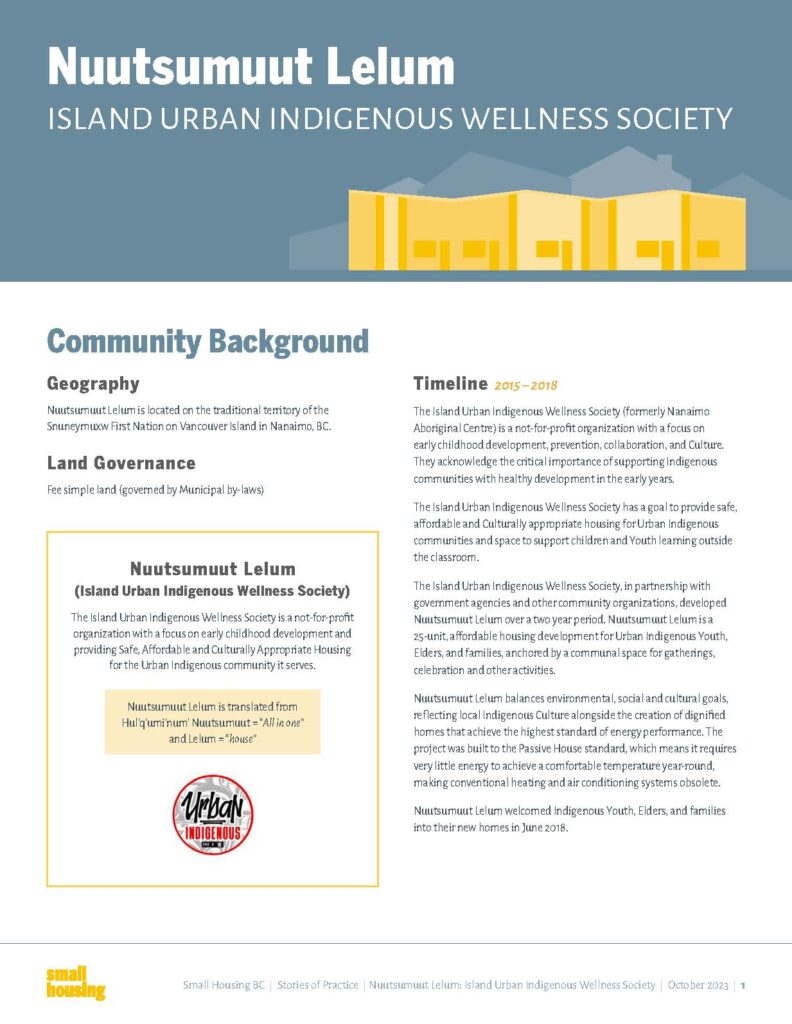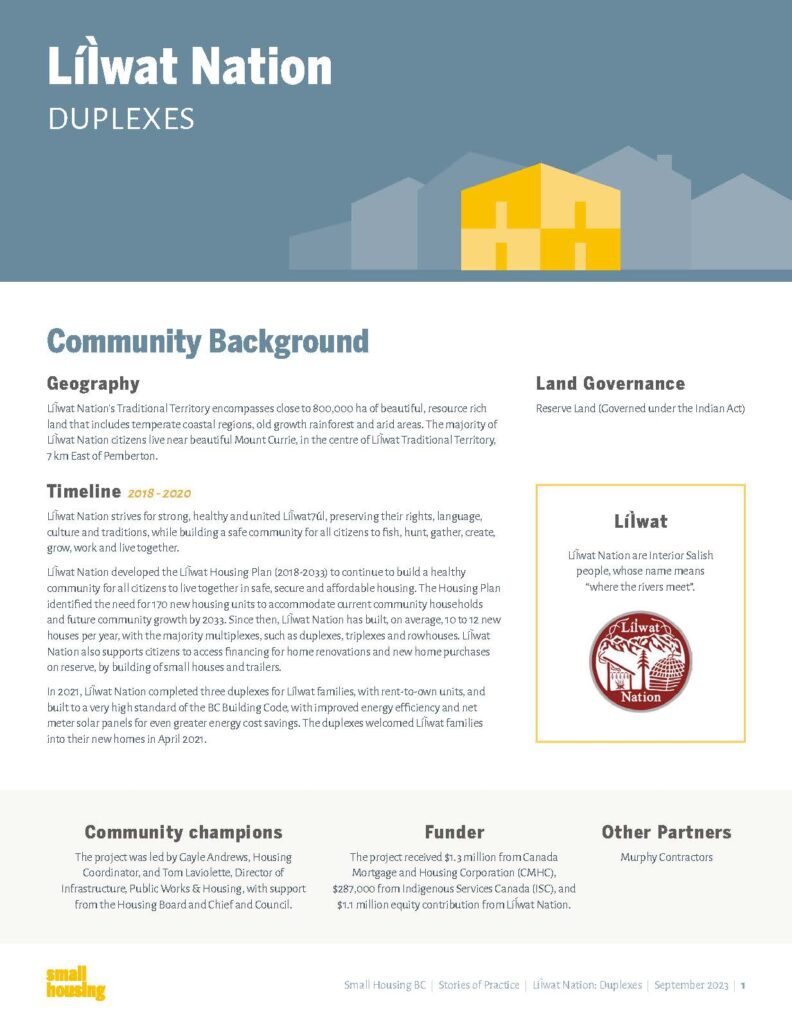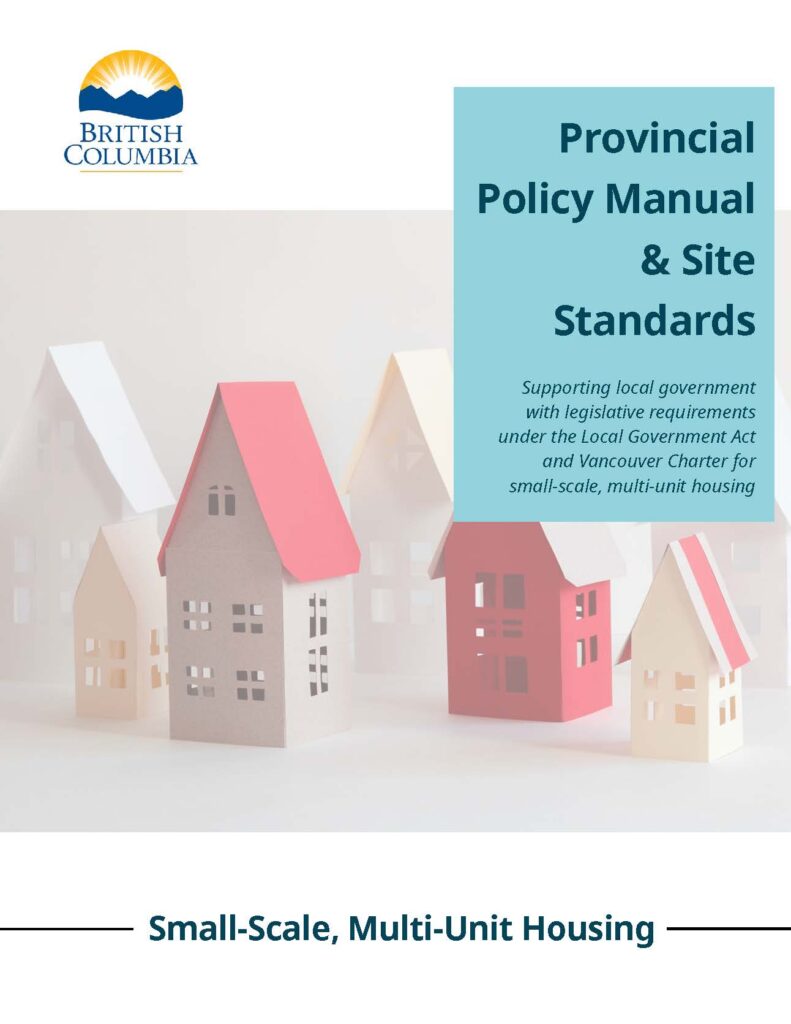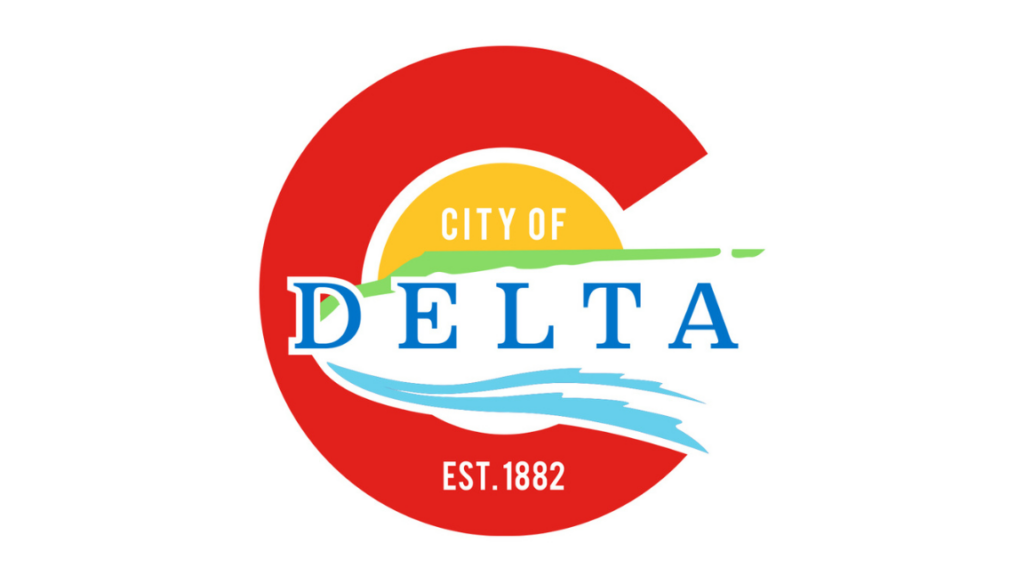Overview of municipal resources pertaining to gentle density and broader planning materials.
Overview of municipal resources pertaining to gentle density and broader planning materials.
Overview of municipal resources pertaining to gentle density and broader planning materials.

- District of Oak Bay Fees and Charges Bylaw
- District of Oak Bay Official Community Plan (2014)
- Comprehensive page for all building-related bylaws (Zoning, Fees & Charges, etc)

How do we make room for more housing without overwhelming our infrastructure?
As new policies open the door to gentle density across BC, communities are facing tough questions about how to finance and manage the infrastructure needed to support it.
This short, practical guidance paper, developed by Small Housing with support from Urban Systems and ECONorthwest, explores how local governments, planners, and utility providers can prepare for incremental growth. It highlights where current development finance tools fall short, and offers clear, actionable recommendations—from sewer capacity to electrification—to help infrastructure keep pace with policy.
Whether you’re in planning, engineering, or policy, this resource will help you navigate what comes next.

Key insights:
In the heart of Gitksan Nation’s expansive 33,000 square kilometres in northwest British Columbia lies Anspayaxw, a community committed to its people.
In 2021, Anspayaxw initiated a Rapid Housing Initiative, addressing the critical need for safe and affordable housing for band members, including families and Elders.
As this Small Housing Stories of Practice report outlines, the community’s dedication materialized in the construction of four groundbreaking sixplexes on Soapberry Drive. These 24 new rental units, built between 2022 and 2023, mark a decade since the last multiplex project on Reserve Land. Notably, the development prioritizes accessibility, offering homes tailored to the diverse needs of community members.

Key insights:
Nuutsumuut Lelum is located on the traditional territory of the Snuneymuxw First Nation on Vancouver Island in Nanaimo, BC.
The Island Urban Indigenous Wellness Society (formerly Nanaimo Aboriginal Centre) is a not-for-profit organization with a focus on early childhood development, prevention, collaboration, and Culture. They acknowledge the critical importance of supporting Indigenous communities with healthy development in the early years.
Led by the Island Urban Indigenous Wellness Society, Nuutsumuut Lelum is a 25-unit affordable housing project emerged from a two-year collaboration with government agencies and community organizations.
As this Small Housing Stories of Practice report outlines, beyond providing safe and culturally appropriate housing for Urban Indigenous Youth, Elders, and families, Nuutsumuut Lelum embodies a commitment to environmental, social, and cultural sustainability. Built to the rigorous Passive House standard, it harmonizes energy efficiency with Indigenous values, creating dignified homes where community members thrive.
Explore the transformative journey from concept to reality as Nuutsumuut Lelum continues to foster unity and celebration since its inauguration in June 2018.

Key insights:
LíÌwat Nation’s vision for a strong and united community is embodied in their Housing Plan (2018-2033). Focused on preserving rights, language, culture, and traditions, the plan aims to provide safe, secure, and affordable housing. Identifying a need for 170 new units by 2033, the Nation has consistently built 10 to 12 houses annually, prioritizing multiplexes like duplexes and rowhouses.
As this Small Housing Stories of Practice report documents, beyond construction, LíÌwat Nation actively supports citizens in accessing financing for home renovations and purchases, fostering a thriving community where residents can fish, hunt, gather, create, grow, work, and live together harmoniously.
Explore the narrative of this impactful housing initiative, from its inception to tangible outcomes and future aspirations.

This Metro Vancouver study investigates the cost of providing infrastructure and services to neighbourhoods with varying residential densities, with the goal of informing municipal planning and regional growth policies for Metro Vancouver.
Key insights:
- The study emphasizes a complex relationship between residential densities and infrastructure costs influenced by factors like infrastructure age, existing capacity, and the physical landscape of the serviced area.
- Evidence presented suggests that infrastructure and servicing costs per capita and per unit are significantly higher for houses compared to apartment developments.
- Increasing density is identified as a potential contributor to lowering housing development and municipal operating costs over time.
- The study includes a literature review on municipal infrastructure and associated costs.
- Cost calculations are provided for various factors, including development cost charges, municipal operating costs, property taxes/utility fees, and infrastructure servicing, categorized by housing type.

In the fall of 2023, the Province of British Columbia introduced changes to the Local Government Act and Vancouver Charter (VC) to allow more small-scale, multi-unit housing in land use zones that are otherwise restricted to single-family dwellings or duplexes.
This policy manual aims to support local governments in amending their local zoning bylaws and associated legislation to allow for small-scale multi-unit housing (SSMUH) in traditionally single-family zoned areas as per recent requirements mandated by the Province of BC.
Key insights:
The manual provides:
- An overview of the new SSMUH legislative requirements and implementation timelines for municipalities to come into compliance
- Best practices for updating zoning bylaws, guidance on related policies that may need to be updated (including housing tenure options, estimating potential increases in density, and planning for increased demand on municipal infrastructure and services)
- Sample site standards that local governments can use to update their zoning bylaws to allow for financially viable ADU and 3-6 unit housing developments.

Opening Doors is the final report from the B.C. – Canada Expert Panel on the Future of Housing Supply and Affordability. The group was established in 2019 to identify actionable recommendations to increase housing supply and improve affordability in B.C.
Key insights:
The report features 23 policy recommendations that can be categorised under 5 broad calls to action, including:
- Creating a planning framework that proactively encourages housing
- Reforming fees on property development
- Expanding the supply of community and affordable housing
- Improving coordination among and within all orders of government
- Ensuring more equitable treatment of renters and homeowners.
More granular policy recommendations are detailed in the report also, including:
- Streamlining approvals processes
- Increasing transparency on development charges
- Extending tax advantages to renter households
- Phasing out some subsidies offered to homeowners

